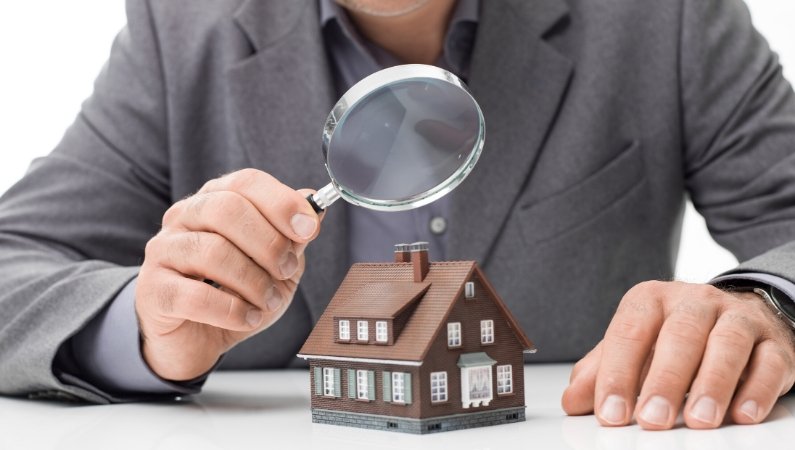Building inspections for homebuyers – What you need to know?
Purchasing home investments the process of finding your dream home is exciting, it’s crucial building inspection. A thorough inspection reveals potential issues eye, helping an informed decision and avoid costly surprises down the line.
Building inspections matter
A building inspection is a comprehensive evaluation of a property’s condition, conducted by a qualified professional. These inspections are designed to identify any defects, structural issues, or potential problems that could impact the safety, value, and livability of the home.
- Uncover hidden problems– Many issues, such as foundation cracks, roof leaks, or electrical and plumbing deficiencies, may be difficult to detect for the average homebuyer. A trained inspector has the expertise and tools to thoroughly assess the property and identify any underlying concerns.
- Negotiate repairs or price adjustments– If the inspection reveals significant defects or necessary repairs, you may be able to use this information to renegotiate the purchase price or request that the seller address the issues before closing.
- Peace of mind-Purchasing a home is a substantial investment, both financially and emotionally. A thorough building inspection provides peace of mind; knowing that you’re making an informed decision and minimizing the risk of unexpected and costly repairs down the line vitalbuildinginspection.com.au navigate to this website.
- Safety and compliance- Building inspections identify potential safety hazards, such as electrical issues, structural problems, or the presence of hazardous materials like asbestos or lead-based paint. Additionally, the inspector verifies that the property complies with local building codes and regulations.
Covered in a building inspection
The scope of a building inspection varies depending on the specific property and the inspector’s qualifications.
- Structure: The inspector will evaluate the foundation, framing, walls, floors, ceilings, and roof for any signs of damage, cracks, or structural issues.
- Exterior– The inspection will assess the condition of the siding, trim, windows, doors, decks, porches, and other exterior elements.
- Roof– The inspector will examine the roof covering, flashing, gutters, and downspouts for signs of wear, leaks, or potential problems.
- Plumbing– The inspection will cover the water supply and distribution system, drain and waste lines, water heater, and plumbing fixtures for proper function and potential leaks.
- Electrical- The inspector will evaluate the electrical service panel, wiring, outlets, switches, and light fixtures for safety and compliance with current codes.
- Heating, ventilation, and air conditioning (HVAC)- The inspection will assess the condition and operation of the heating and cooling systems, as well as the ventilation and ductwork.
- Insulation and ventilation– The inspector will evaluate the insulation levels and ventilation in the attic, crawl spaces, and other areas to ensure proper energy efficiency and indoor air quality.
- Appliances– Major built-in appliances, such as ovens, ranges, dishwashers, and garbage disposals, will be inspected for proper operation.
- Basement or crawl space– If applicable, the inspector will examine the condition of the basement or crawl space, including moisture levels, insulation, and structural integrity.
- Grounds– The inspection may include an assessment of the grading, drainage, and landscaping around the property to identify potential water or soil issues.


Comments are closed.